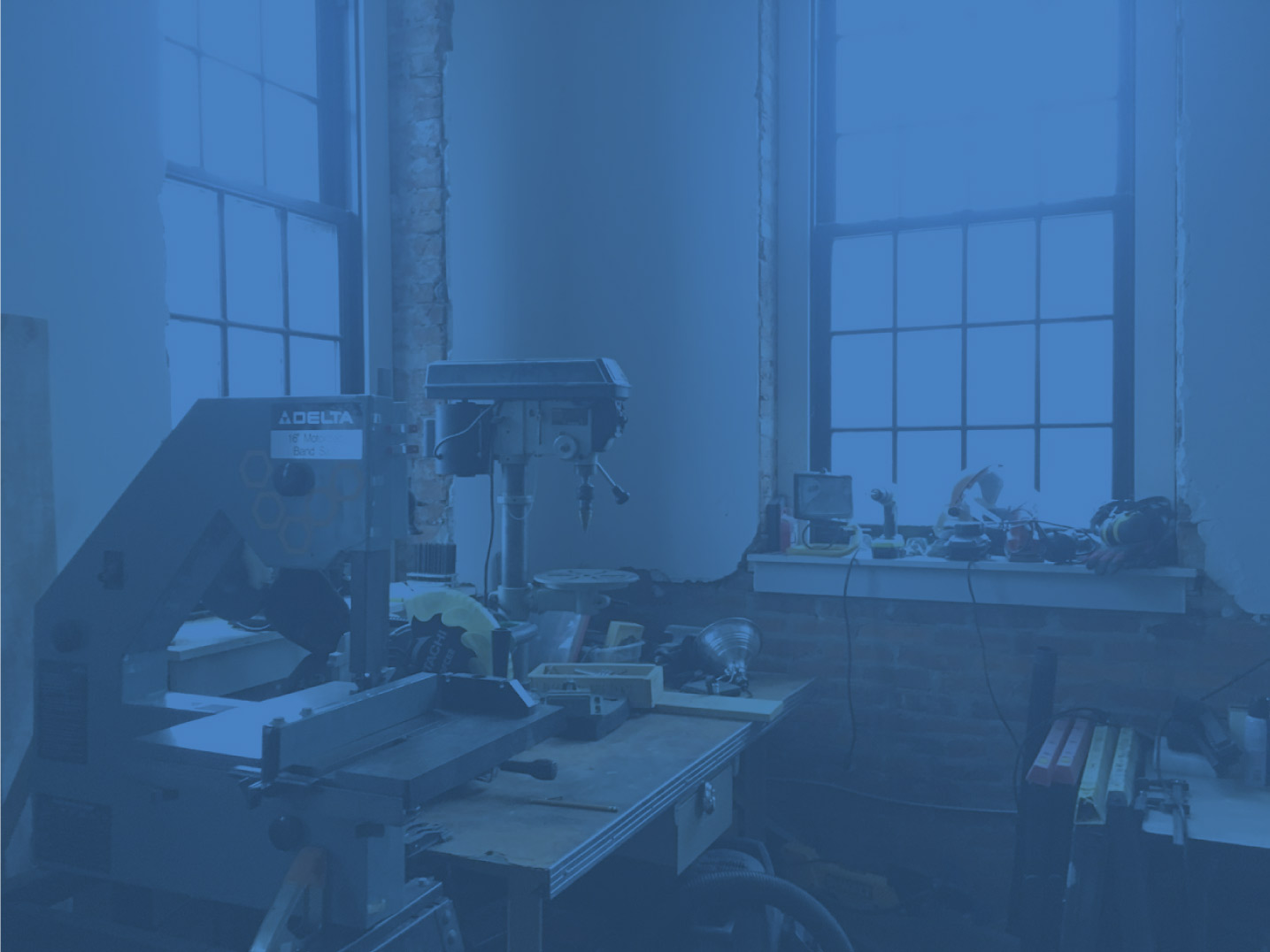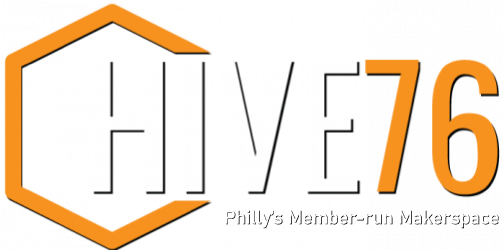
With all the anti-China, anti-globalization fearmongering lately, its instructive to take products we know and love and trace them back to their source, whether to marvel at or be disgusted by the depth of America’s economic interconnectedness with the rest of the world (I’m a marveler, myself). This week, I’ve been working on an invention I plan to manufacture in China — and I found some great websites for globalization super-sleuthing. They are really fun to poke around on.
As a starting point, I noticed that my invention, a light-up playing dice, is pretty similar to one that is already made by ThinkGeek — their “Critical Hit D20 Dice.” Since they retail it on their site for only $9.99, I figured they must be outsourcing its production, and I was dying to know where. So I checked out a free trial of ImportGenius here (promo code: IMEXHELP). It is is so cool! Kinda like that stream of numbers that make up The Matrix, ImportGenius is a portal to the huge database of shipping manifests collected by every port authority in the U.S — anything that goes in or out of our country is searchable there. Even the notoriously secretive Apple spilled the beans on their upcoming iPhone2 release by shipping a “New Awesome Phone Thingy” (or something to that effect) months beforehand. With my ImportGenius account, I could get down to some serious industrial espionage.
Actually, all I did was search ImportGenius for shipments “ThinkGeek” signed for in the past year, and I’ll be darned if “Critical Hit D20 Dice” wasn’t the very first search result! Apparently Thinkgeek ordered a 900lb shipment a few months ago from Trendex Inc. in Ninbo, China. F**k yeah Ningbo!
OK, so now that I had identified a supplier in Ningbo to churn out my dice, I tried to find a source for my most expensive components — the batteries and battery holders. I had been prototyping with a great battery holder made by Linx Technologies in Oregon, and at $0.18 it was the cheapest American brand — suspiciously cheap to have been made here. Import Genius came up empty-handed, so I searched the exact part number on Alibaba.com, a global storefront for the devoloping world’s overeager manufacturing sector. Sure enough, the exact same part was being made in Shenzhen for $.04 a pop– Linx was simply etching their name on it and selling it with a 400% markup. They didn’t even bother to change the part number. Good ol’ American industriousness at work.
The amazing thing is that Chinese re-sellers often undercut even the original manufacturer’s prices. For example, Microchip sells the PIC10F200 direct for $0.32, whereas I quickly found the same chip in China for $0.25. They are undercutting their own supplier! And they love giving free samples! The heck you say!
By the way, Chris gave me a great tip: if you plan on getting quotes from suppliers on Alibaba.com, you shouldn’t use your primary email address, unless you want to keep up to date on the latest discount Viagra deals. Another tip is to send your request late at night/early morning, during Chinese business hours. One more tip: Alibaba’s search tool is pretty bad, so try Google instead — just include “domain:alibaba.com” in the search field. FYI.
Another fun reverse-engineering webtool I found is the reverse-image search at Gazopa.com. It lets you search by image-similarity. Since Alibaba is a little spotty about describing products in English, I figure searching by image instead might be easier. I haven’t had any success stories yet with Gazopa, but it sure is fun anyways. For example, I wanted some inspiration for a rainbow-themed boardgame I’m helping to develop, so I searched for similar images to this one: http://www.abm-enterprises.net/fractal-art/rainbow-swirl-wallpaper.jpg. Got some really trippy results, including lots of screenshots from the Simpsons, weirdly.
Well, thats my spy story. Hit me back with your own outsourcing stories and tips in the comments section!







